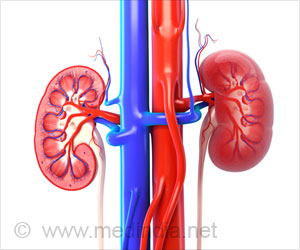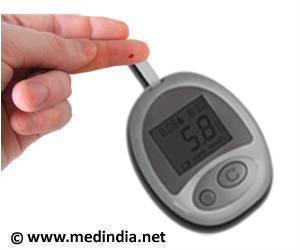In certain people, the biological protective factors that play a key role in preventing diabetic kidney disease have been discovered.

‘Diabetic kidney disease (DKD) protective factors could be used as biomarkers and for personalized clinical intervention. ’





The research team was led by Hetal Shah, MD,MPH, Research Associate at Joslin Diabetes Center and HMS Instructor in Medicine, Daniel Gordin, MD, PhD, Adjunct faculty at Joslin and Associate Professor at University of Helsinki, Finland, and George King, MD, Joslin Senior Vice President and Chief Scientific Officer and HMS Professor in Medicine, In their new study, Drs. Shah, Gordin and King were able to show that protective factors are also present in kidney-disease-free people with shorter-duration type 1 diabetes and type 2 diabetes. This finding indicates that these enzymes, and one in particular known as PKM2, play a strong protective role against kidney disease. The enzymes could be used as both biomarkers and, potentially, targets for DKD intervention.
Kidney disease is a major concern for people with diabetes. But not everyone with type 1 diabetes develops DKD. The fact that Joslin Medalists have such low rates of complications has intrigued researchers' worldwide.
"That built up the rationale that there must be something protecting these people from diabetic kidney disease. This would explain how these individuals have been able to live with insulin dependent diabetes for so many years," says Dr. Gordin.
The researchers set out to investigate three questions related to the 2017 discovery. First--was PKM2 protective in non-Medalists? Second--was PKM2 circulating in the Medalists' plasma, or was it only found in the kidney? And third--do the Medalists have any other protective factors to be explored?
Advertisement
Advertisement
"Diabetic kidney disease is a devastating disease," says Dr. Gordin. "It is a powerful driver of cardiovascular disease, and also, eventually, mortality. We have urgent need to find something to help these people. All [these studies] take time, but this is very promising."
Source-Eurekalert















